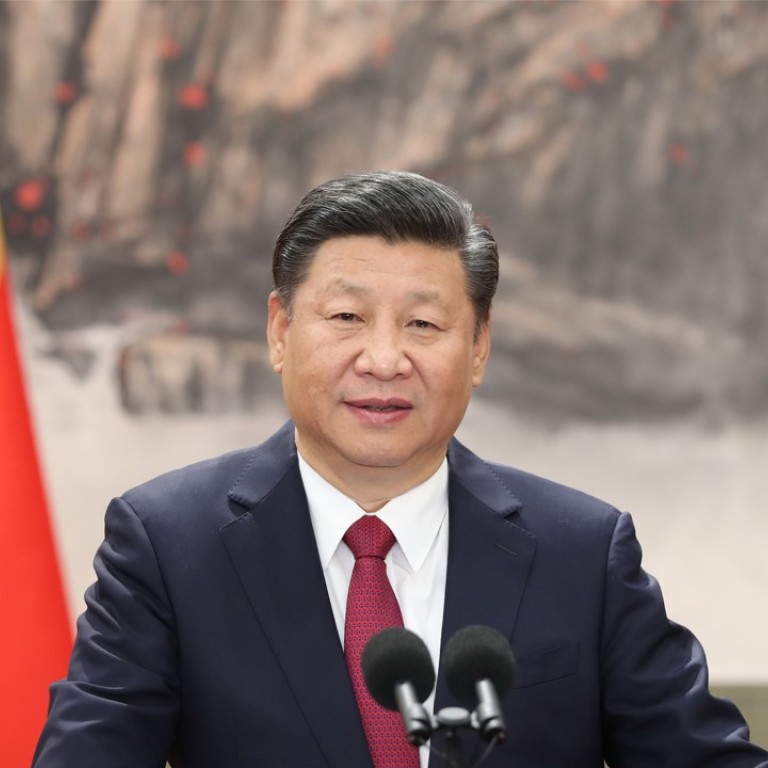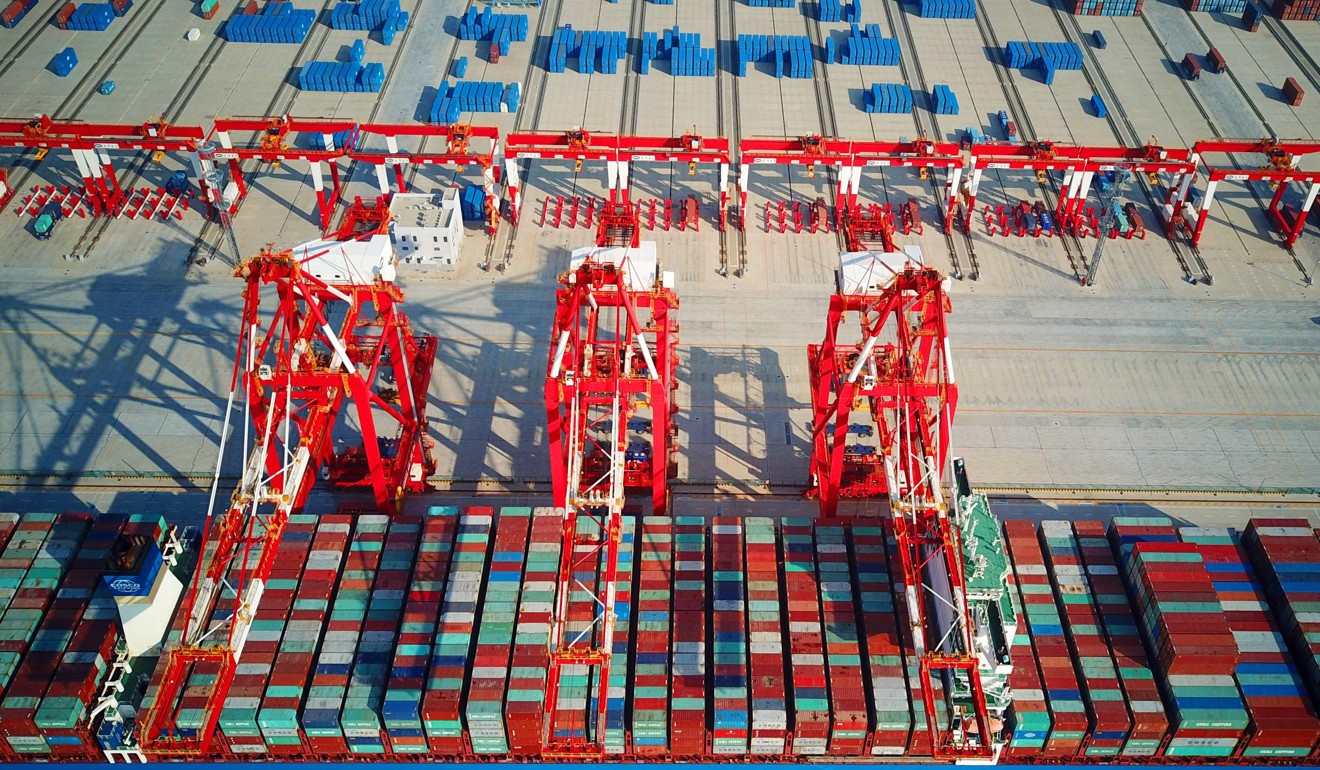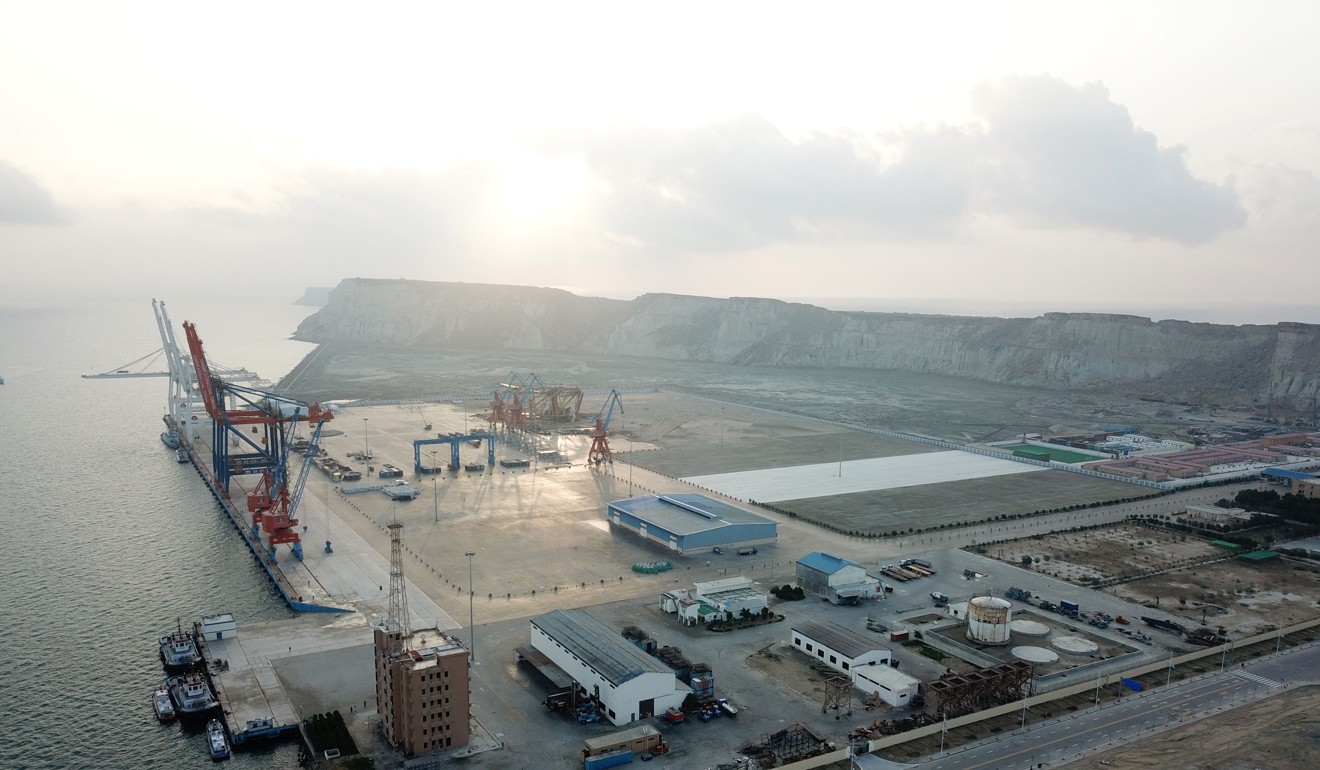
Will China listen to EU on infrastructure plan’s perceived pitfalls in free trade and competition?
Mathieu Duchatel writes that as China reviews its EU policy under a new foreign policy team, it remains to be seen to what extent European belt and road concerns will be taken seriously
China is awakening to widespread scepticism in Europe regarding the Belt and Road Initiative. Last week, it was leaked that 27 EU ambassadors to Beijing (except for the ambassador from Hungary, a country that behaves within the EU like Cambodia within the Association of Southeast Asian Nations) co-signed an internal report criticising the belt and road as creating an unfair global trade environment by giving Chinese public conglomerates an advantage at competitors’ expense.
For observers of European debates, this did not come as a surprise. The reluctance to be engaged on Chinese terms under the belt and road has slowly been building up. While today the EU’s China policy centres on seeking a rebalancing of trade and investment ties, the belt and road goes in exactly the opposite direction, aggravating existing imbalances.

For Europe, what matters most is the Maritime Silk Road, and especially China’s global investment in the maritime domain. Media attention tends to focus on trains because new routes from Chinese to European cities excite the imagination, but shipping containers by train only works because of Chinese subsidies.
EU envoys hit out at China’s ‘unfair’ Belt and Road plans
Few are aware that China’s “blue economy” represents 10 per cent of its GDP and would rank 15th in the world by GDP if it were a country. The Maritime Silk Road is about the next phase of developing China’s use of the sea and its resources for economic growth. The endeavour has serious consequences for Europe, and on balance, creates more competition than options for cooperation. As China’s motto for the future of its blue economy is innovation and global leadership, complementarity with advanced European economies will continue to decrease.

On the positive side, the investment of large Chinese public corporations, such as China Ocean Shipping Group and China Merchants Group, in port infrastructure and shipping may reduce the cost of maritime trade, although that very much depends on oil prices. But the shopping spree, including the purchase of stakes in European ports, could also place these companies in a position of setting prices and picking business partners for political reasons.
Belt and road is no 'win-win' for China's partners: US study
On the negative side, China’s ambitions to become a leader in hi-tech shipping as part of its “Made in China 2025” strategy clearly threaten Europe’s shipbuilding industry, and especially luxury cruise ships. Less clear-cut is the future impact of China’s considerable and risky investment in the deep-sea exploration of mineral resources which might lead to global dominance or waste, and have security implications.
Beyond trade and investment, the belt and road is a geopolitical project about power and international influence, in line with Xi Jinping’s goal to transform China into a global leader by 2050.
But the assumption that China’s investment in ports is driven by a military agenda is a misperception. China’s public conglomerates follow their own interests and for them, investment in port management is more profitable and stable than investment in shipping, as has been made clear in a newly released study from the European Council on Foreign Relations, “Blue China, Navigating the Maritime Silk Road to Europe”.
No doubt, the Maritime Silk Road accelerates the Chinese Navy’s transformation from a regional security actor into a global one. But the lesson of the opening of the Chinese military base in Djibouti is that China will proceed with caution and link the building of new facilities to missions that are also in the interest of the recipient country or region.
For European navies, the Maritime Silk Road is an opportunity for a modest upgrade of existing maritime security cooperation with China. But it also inevitably raises a more strategic question: to what extent does Europe need to make a clear-cut choice in the increasingly open competition between China’s Belt and Road Initiative and the notion of a “free and open Indo-Pacific” put forward by the US, Japan, India and Australia? The sympathy of the largest European powers goes without ambiguity to the latter, but a bipolar order in the Indo-Pacific is clearly not in Europe’s interest.
Beyond trade and investment, the belt and road is a geopolitical project about power and international influence, in line with Xi Jinping’s stated goal at the Chinese Communist Party’s 19th congress to transform China into “a leader in terms of composite national strength and international influence” by 2050.
China should be open to more foreign involvement in belt and road
Now that this leadership ambition is formulated in all transparency, Europe can engage with China’s belt and road on a basis of clarity.
As China reviews its EU policy under a new foreign policy team, it remains to be seen to what extent these European concerns will be taken seriously.
Dr Mathieu Duchâtel is senior policy fellow and deputy director of the Asia and China programme at the European Council of Foreign Relations
